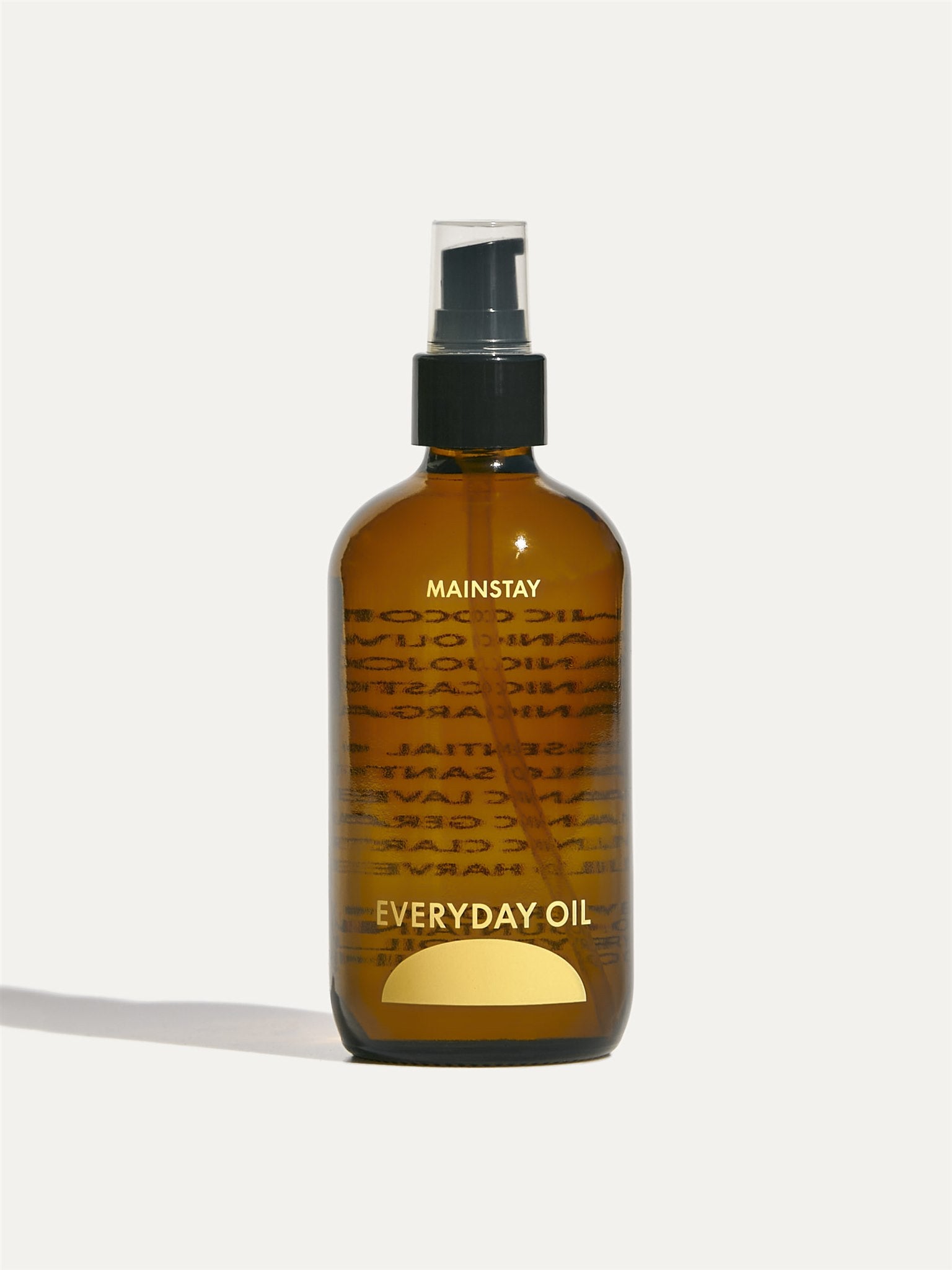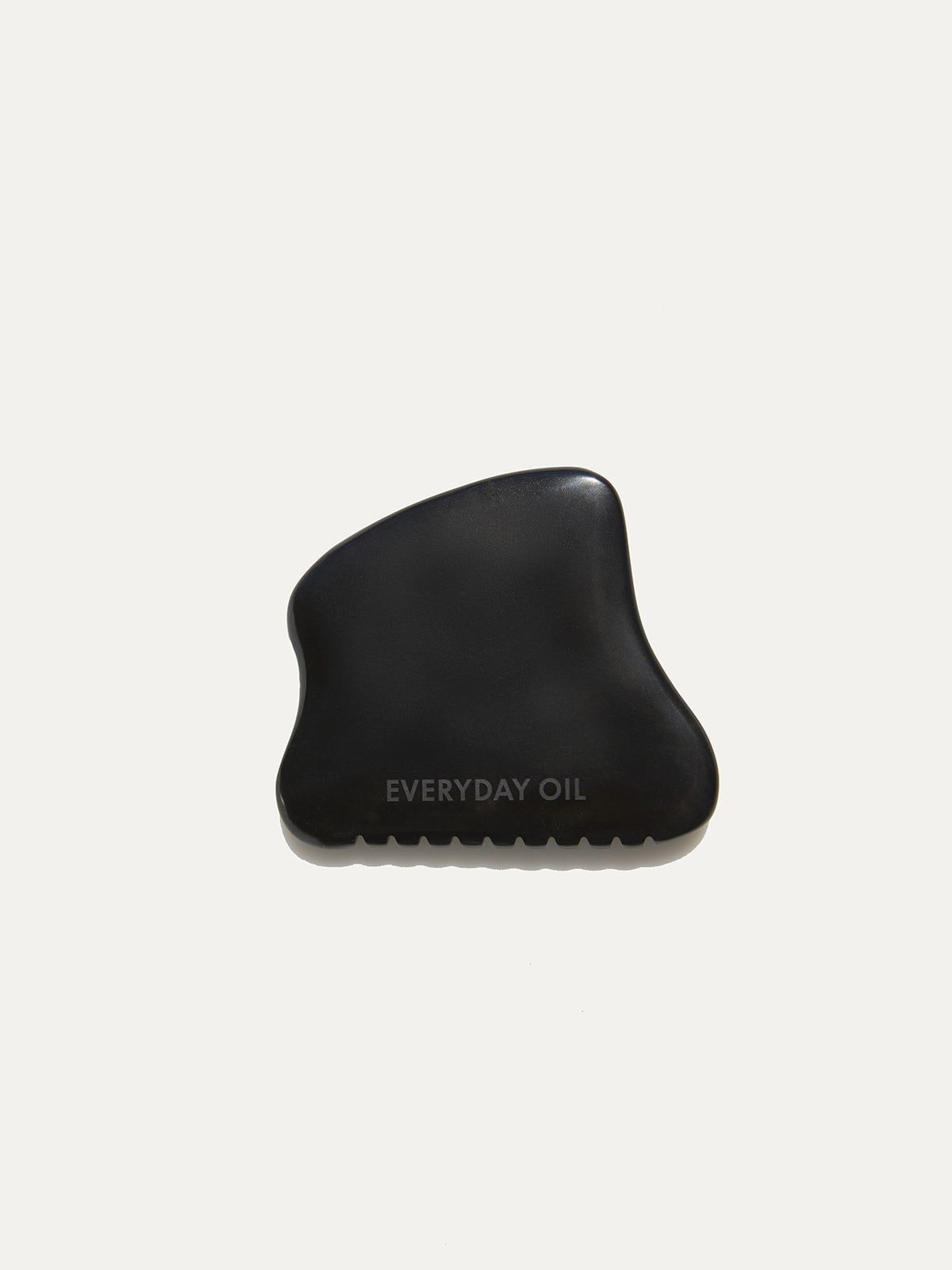Cold wintry months come with easy-to-catch viruses and this season seems to be extra harsh for many. Here are a few simple helpful tools to support your winter health.

Kenji Kawakami’s Flu Machine
ROSEMARY GLADSTAR'S HONEY ONION RECIPE
Honey and onion, that’s it! Herbalist Rosemary Gladstar shares a super simple recipe (watch her make it here) to be taken as a tonic or as soon as you feel that tickle in your throat.
Onions are a vastly versatile natural remedy because they are filled with antiseptic, antibiotic and antibacterial agents due to their high sulfur content that fight cough-causing microbes. Anti-inflammatory properties reduce pain and inflammation that occur during a coughing fit.
Soothing honey can help coat the throat, acting as an effective cough suppressant but it also has natural antimicrobial properties that may help inhibit the growth of certain bacteria. This can be particularly useful if the cough is associated with a bacterial infection.
~ Slice onion in thin half moons and put into saucepan
~ Pour raw uncooked honey in pan, just enough to barely cover the onions
~ Warm on low heat for 30 minutes, up to two hours
~ The onions will cook down, the honey acting as a solvent, extracting the allium and sulphur from the onion
~ Take by the teaspoon as needed
~ Store in a jar, refrigerated
WHY HUMIDITY IS IMPORTANT
Dry air from the heat at home and from the wintry environment can dry out nasal passages, which turns out, is an important part of our body’s immune system. Nasal passages are lined with tiny hair-like structures called cilia, covered with a layer of mucus. This system helps trap and remove pathogens (viruses, bacteria, etc.) from the respiratory tract. When the nasal passages are dry, this system may not function as effectively, allowing pathogens to enter the body more easily.
Plus, many respiratory illnesses are caused by viruses which prefer colder, drier air. Cold weather doesn't cause these illnesses, but may create conditions that support the spread and survival of viruses.
Humidifiers!
Keep dryness at bay with a humidifier. This one is designed with cleaning in mind - you can boil the detachable stainless steel tank and lid to sterilize or simply put those parts through the dishwasher. It’s not the most economical choice, but if you’ve ever thrown away a hard to clean humidifier - you may be interested in something that you can make very certain is clean and use safely over the years. For a great night's sleep, turn on your humidifier, and turn down the heat. If you want to live your best winter life, try a hot water bottle heater under the blankets at the foot of your bed to keep comfortable :)
Neti Pots!
Neti pots are commonly used for nasal irrigation to relieve congestion and promote sinus health. Additionally, flushing your nasal passage with a lukewarm saline solution can help maintain nasal moisture and prevent dryness. Use as needed, as consistent and daily use can remove protective mucus and beneficial bacteria from your system.
CHECK YOUR VITAMIN D, VITAMIN C AND ZINC LEVELS
Increasing vitamin D levels during the winter months, when sunlight exposure may be limited, is important for overall health and immunity. Vitamin D can be found in fatty fish, egg yolks and even maitake and shiitake mushrooms! Ritual’s multivitamin has vitamin D at the forefront of its ingredient list. The delayed-release capsules dissolve in the small intestine, which helps more sensitive stomachs. We like these drops for little ones. If you can get out in the sunshine when the sun is highest in the sky, it will boost your vitamin D levels and probs your mood, too!
Vitamin C can be found in lots of different foods - yellow and red bell peppers, broccoli and brussel spouts. Strawberries, oranges, pineapple, mango, guava (big time), papaya, and cantaloupe.
Oysters are among the highest natural sources of zinc. They contain more zinc per serving than most other foods. Pumpkin seeds, chickpeas, lentils, cashews and almonds are a good plant-based source of zinc. The bioavailability of zinc from plant-based sources (like legumes and grains) may be lower compared to animal-based proteins that tend to have a good amount of zinc per serving.
STAY HYDRATED
We all know water intake is key, so it bears repeating :) Water not only keeps respiratory systems from drying out, but proper hydration helps in the production of lymph, a fluid that circulates white blood cells and nutrients, supporting the immune response.

